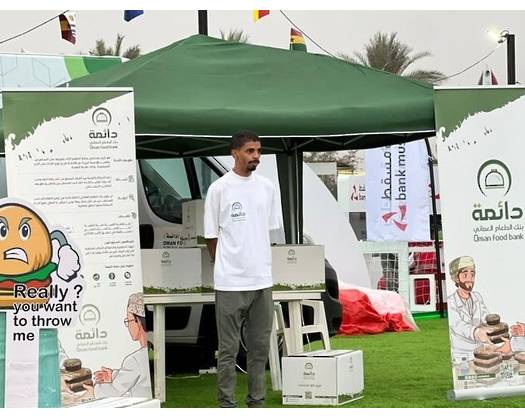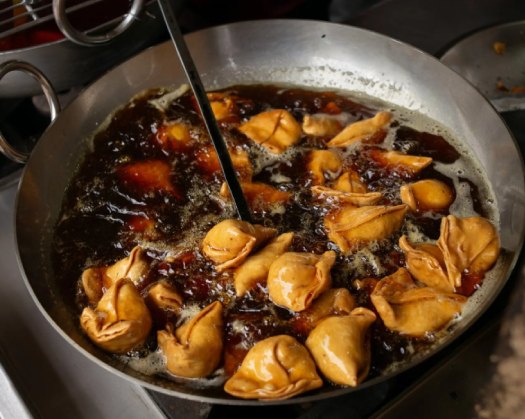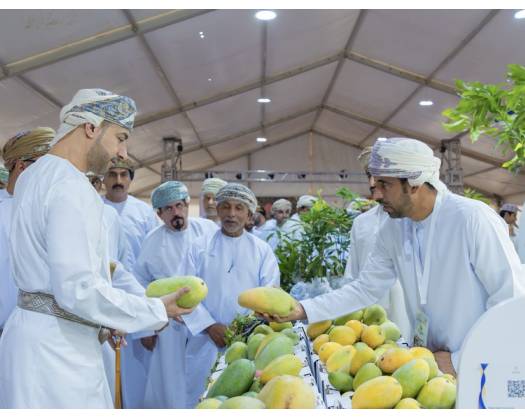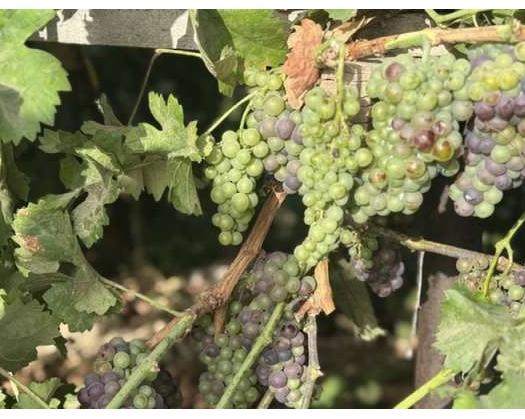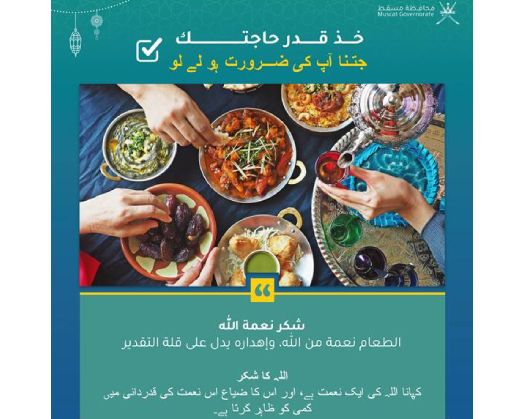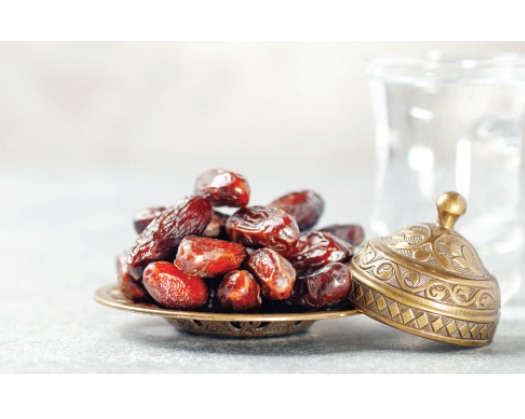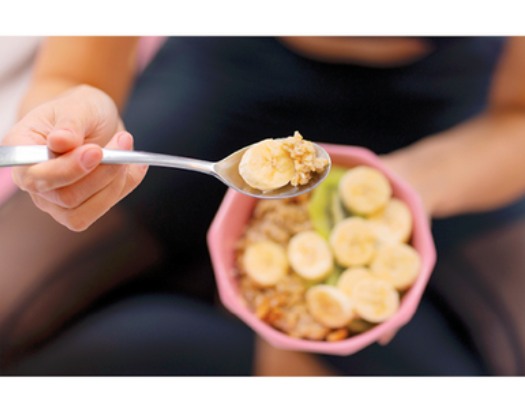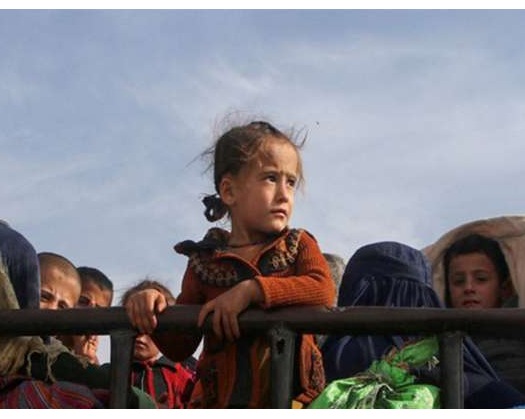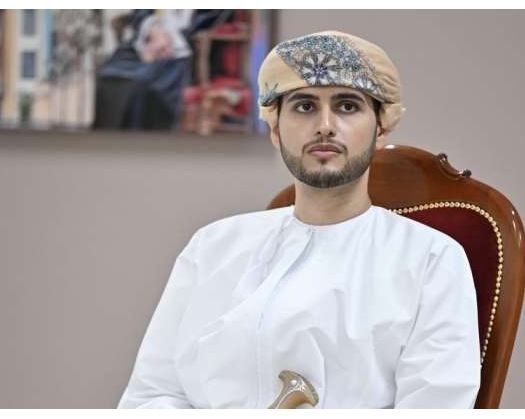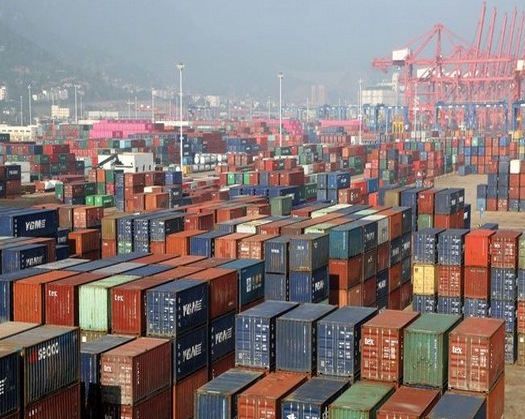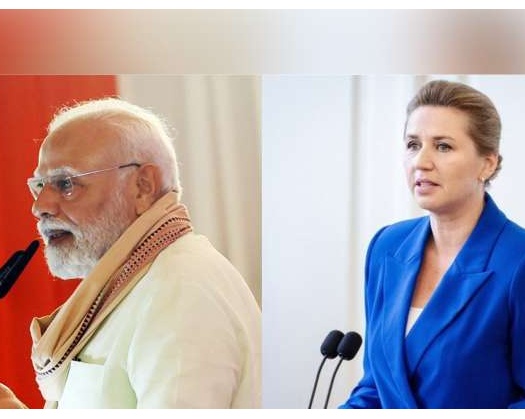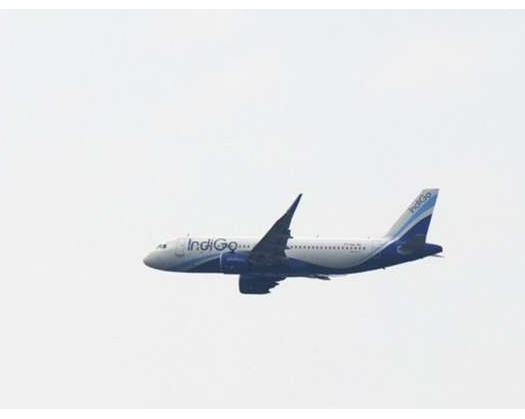The Oman Food Bank has successfully preserved and distributed 33.2 tons of cooked food to beneficiaries by the end of November 2023. This is part of the bank's ongoing efforts to engage in charitable work and ensure effective distribution of food to those in need. These initiatives are aligned with the bank's mission to promote social solidarity and generosity within society.
Engineer Ibrahim bin Abdullah Al Hosani, Chairman of the Board of Directors of the Oman Food Bank, emphasized the bank's establishment in 2021 with the primary goal of promoting the culture of preserving grace within the community. The bank aims to provide food assistance to beneficiaries and contribute to achieving food security. As a non-profit commercial company, the Oman Food Bank is registered with the Ministry of Commerce, Industry, and Investment Promotion.
Until the end of last November, the Oman Food Bank managed to handle a total of 33.2 tons of cooked food for preservation. Additionally, they were able to preserve 51.16 tons of vegetables and fruits. Moreover, the bank distributed over 5 thousand food baskets to families in need.
Al Hosani emphasized the bank's commitment to organizing its priorities in relation to the sustainable environment. They strive to achieve a balance between environmental, economic, and social requirements. The bank also follows the principles of sustainable development to create high-quality and pollution-free environmental settings. This approach aligns with the national needs and global trends, particularly in terms of a green and circular economy. Furthermore, the bank focuses on raising environmental awareness to effectively implement sustainable consumption and production rules. They also emphasize the sustainable use and investment of natural resources and wealth to ensure the attainment of high added value.
Al Hosani further elaborated that the bank operates through four branches dedicated to food preservation and distribution to eligible individuals. The bank also undertakes awareness initiatives to educate the community about the significance of food preservation and to introduce the bank's role in serving the community. Recently, they implemented the "Daymah recycling" project, which involves the continuous recycling and treatment of waste to produce fertilizer that enhances soil quality.

